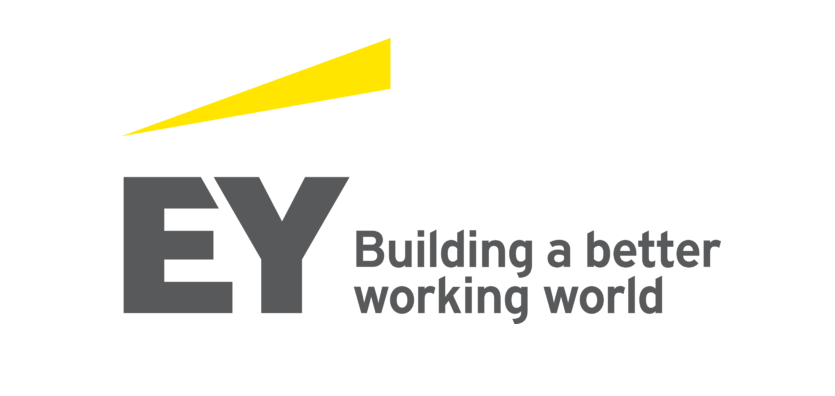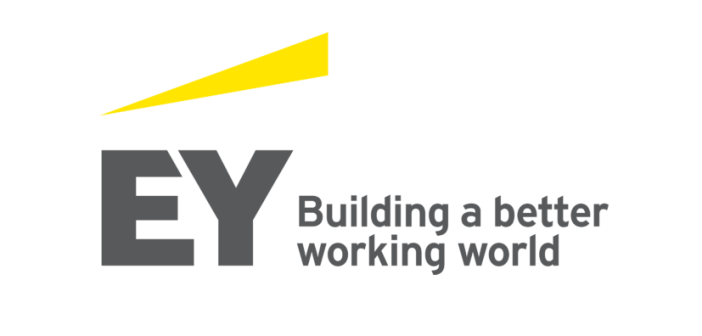
Regulators and policymakers around the world are working closer together to develop and grow the FinTech ecosystem across markets. Together with FinTech industry associations, regulators are entering into partnerships globally to share leading practices, experiences and frameworks, and help FinTech firms export their services and expand in one another’s markets. Regulators in the UK, Singapore and Australia have entered into the most number of bilateral agreements with other regulators.
This is one of the observations highlighted in a new EY report, the FinTech ecosystem playbook, which offers a panoramic view of the FinTech ecosystem, in addition to the trends and key developments at regional and country levels across 26 markets around the world. The playbook also highlights the best industry practices, success stories and key developments in the emerging markets in ASEAN; Latin America; Central, Eastern and Southeastern Europe and Central Asia (CESA); the Middle East; Africa; and Asia-Pacific.
Mr. Varun Mittal, EY Global Emerging Markets FinTech Lead says:
“The healthy development of a FinTech ecosystem, which comprises consumers, financial institutions, FinTech start-ups, investors, regulators and educational institutions, will result in mutually beneficial cooperation among stakeholders, and eventually facilitate the delivery of financial services to consumers at a rate that is cheaper, faster and better. Such development is particularly vital in emerging markets where financial inclusion, or the lack thereof, present unique challenges and opportunities.”
The latest measure to promote collaboration among regulators is the Global Financial Innovation Network (GFIN). Launched in August 2018, GFIN saw the collaboration of 12 financial regulators providing a more efficient way for innovative firms to operate in multiple jurisdictions in order to interact with regulators and venture into markets within the network.
Regulators are also experimenting with new technologies such as distributed ledger technology to improve processes in areas such as payments (including wholesale payments, sovereign currency, trade finance and interbank payments).
Government-backed programs to boost FinTech sector
The playbook also highlights active interventions by regulators to support the sector. These government-led initiatives include those that are targeted at:
- Demand: advancing technologies, rapidly expanding economies and changing customer expectations are driving demand for FinTech products and services. Successful FinTech hubs tend to have diversity in the ecosystem, with start-ups spanning across multiple subsectors and growth stages.
Interestingly, some FinTech hubs have identified subsectors where they have certain advantages, and have managed to take leadership or positioned themselves as the dominant hub. Examples include Switzerland for cryptocurrencies (where regulators displayed a friendly stance toward cryptocurrencies as early as 2014); Malaysia for Islamic banking (due to its large Muslim population and enabling regulatory environment); and Sweden for payments (by providing a conducive environment for payment FinTech players).
- Capital: for FinTech start-ups, access to capital often depends on factors such as product maturity, background of founders, company headquarter location and target market segment. To ease the funding challenges, governments globally are supporting start-ups through access to risk and growth capital.
Some FinTech hubs have dedicated funds or fund-of-funds to support firms in their growth stages. Examples include the US$100m FinTech-focused fund by the Dubai International Financial Centre; the US$256m Innovation and Technology Venture Fund by the Hong Kong regulator; and the S$225m commitment over a five-year period for the Financial Sector Technology and Innovation scheme by the Monetary Authority of Singapore (MAS), and the S$27m Artificial Intelligence and Data Analytics Grant under the scheme.
As well, policymakers are helping to improve access to capital for FinTech through private investors. An example is the MAS’ inaugural Meet ASEAN’s Talents and Champions (MATCH), which is a deal-making program powered by EY that curates and matches promising next-generation Southeast Asia enterprises with global private equity and venture capital.
- Talent: as competition for tech talent intensifies globally, the FinTech hubs are developing FinTech-focused programs and initiatives to boost the local talent pool. These include FinTech-specific courses and programs such as the MBA program in FinTech launched by India’s Bombay Stock Exchange in association with the University of Mumbai; and FinTech Talent incubator and accelerator programs such as the FinTech Career Accelerator Scheme in Hong Kong, which provides internships in the FinTech sector for undergraduate and postgraduate students.
- Regulations: to increase competition and provide an enabling environment for FinTech firms, regulators are pushing out initiatives in varying degrees with regards to open banking. This allows FinTechs to leverage banks’ data to provide and extend their offerings to existing bank customers. For example, the UK became a pioneer in open banking when it mandated nine UK banks to open up their data via a set of secure application program interfaces (API) in January 2018; while not mandated, the Monetary Authority of Singapore encourages financial institutions to adopt open API as a foundational layer for innovation and interoperability.
“Regulators are actively seeking to develop attractive FinTech ecosystems through a range of policies and other interventions. They tread a fine balance between regulating the sector and maintaining the safety and soundness of the financial system, while ensuring that they are not stifling the competition and innovation needed for growth. Hence, greater learning, sharing and collaboration between stakeholders and regulators is the way forward to boost the long-term and sustainable growth of the sector,” adds Mr. Mittal.
A copy of the playbook is available at ey.com/sg/FinTechEcosystem on the EY FinTech Hub at ey.com/sg/fintechhub.





